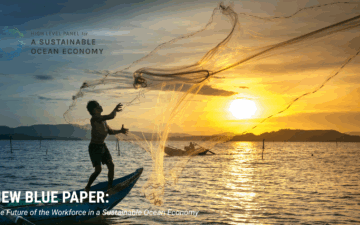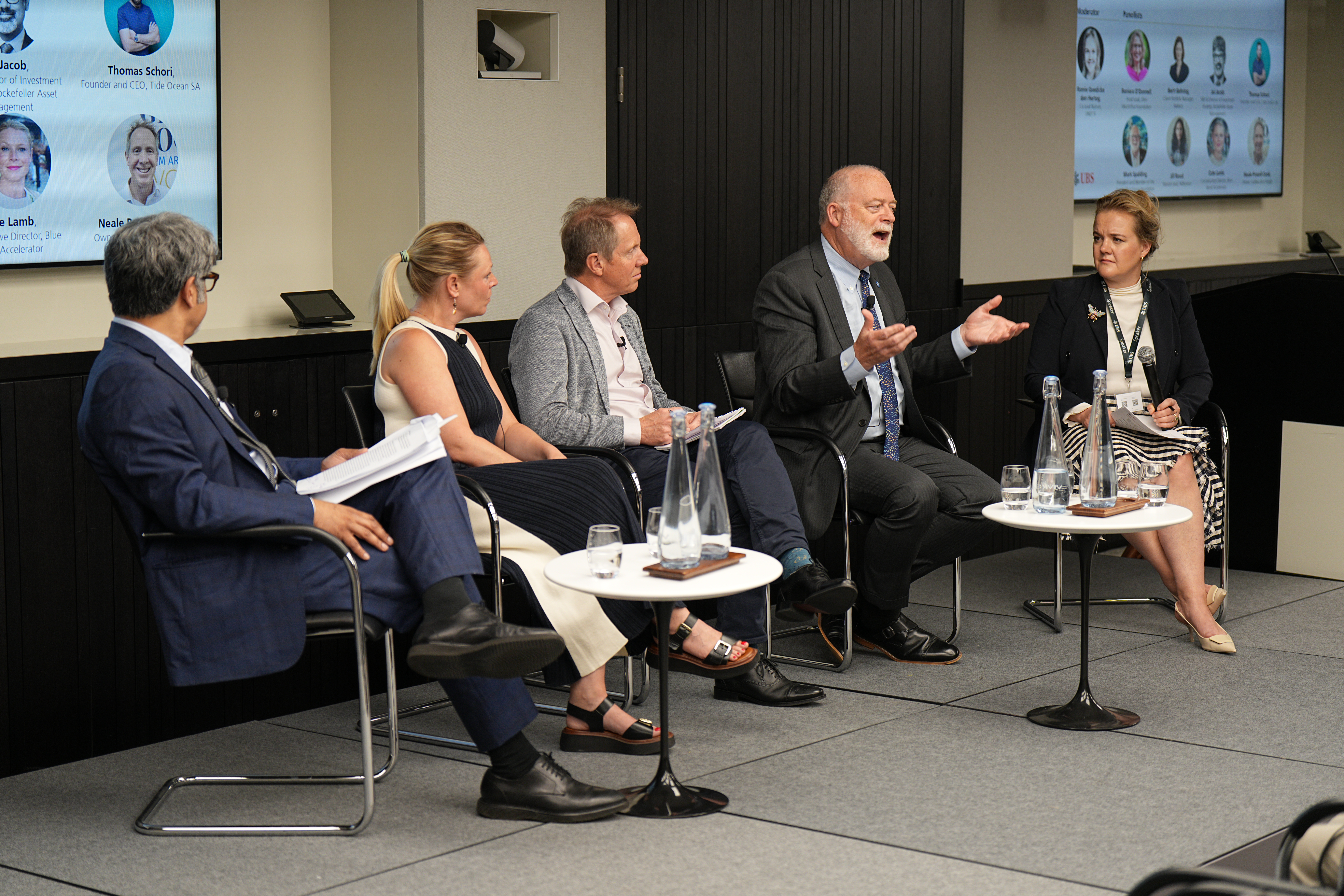Today the United States is rejoining the Paris Agreement, the global commitment to combat climate change through national and cooperative international actions. That will leave only seven nations of 197 who are not party to the agreement. Leaving the Paris Agreement, which the US joined in 2016, was, in part, a failure to recognize that the costs and consequences of inaction would far exceed the costs of addressing climate change. The good news is that we are going back into the Agreement better informed and equipped to make the necessary changes than we were before.
While human disruption of the climate is the biggest threat to the ocean, the ocean is also our greatest ally in the fight against climate change. So, let’s start working to restore the ocean’s own capacity to absorb and store carbon. Let’s build the capacity of every coastal and island nation to monitor and design solutions for their country’s waters. Let’s restore seagrass meadows, salt marshes, and mangrove forests and in so doing protect shorelines by attenuating storm surges. Let’s create jobs and new financial opportunities around such nature-based solutions. Let’s pursue ocean-based renewable energy. At the same time, let’s decarbonize shipping, reducing emissions from ocean-based transport and engaging new technologies to make shipping more efficient.
The work required to achieve the goals of the Paris Agreement would continue whether or not the US is party to the Agreement—but we have an opportunity to use its framework to further our collective goals. Restoring ocean health and abundance is a winning, equitable strategy to mitigate the worst effects of climate change and support all ocean life—for the benefit of all humanity.
Mark J. Spalding on behalf of The Ocean Foundation







